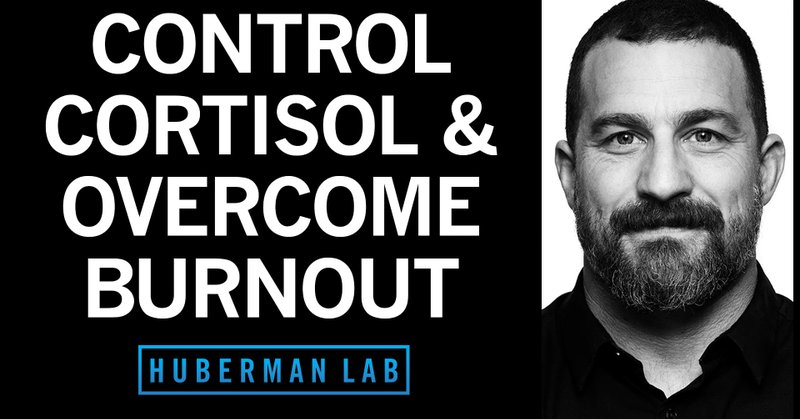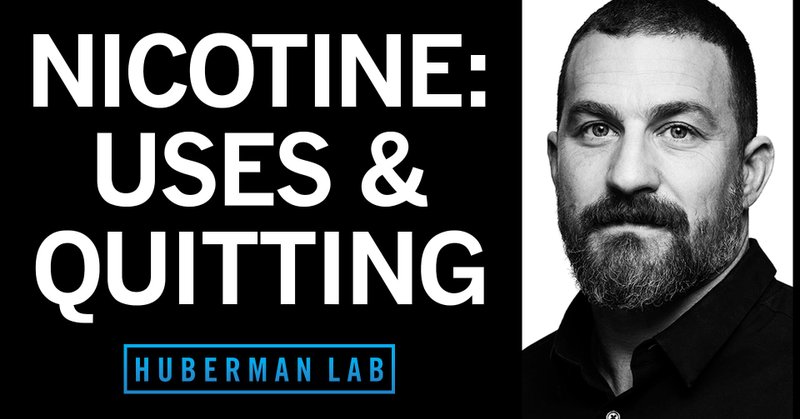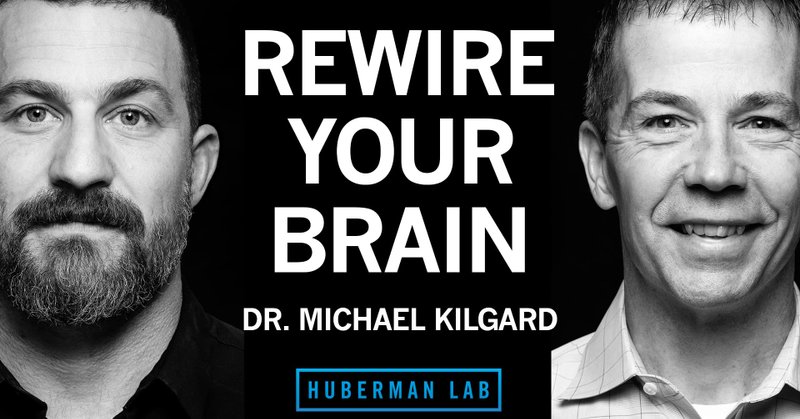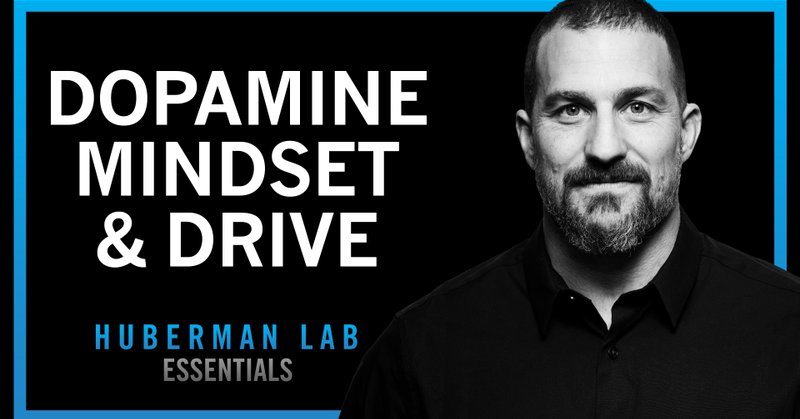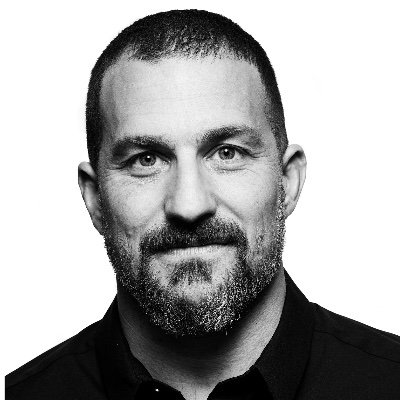
Andrew D. Huberman, Ph.D.
@hubermanlab
Followers
2M
Following
45K
Media
960
Statuses
13K
Professor of Neurobiology and Ophthalmology at Stanford Medicine • Host of Huberman Lab • Focused on science and health research and public education
Stanford, CA
Joined December 2015
The new Huberman Lab episode is out: How to Rewire Your Brain & Learn Faster | Dr. Michael Kilgard. (0:00) Michael Kilgard .(3:24) Neuroplasticity .(5:13) Child vs Adult Plasticity, Childhood Development & Learning .(9:37) Sponsors: Eight Sleep & Wealthfront .(12:41) Kids,
54
176
1K
I could be wrong, but all things now point to the @NIH budget for research not undergoing a cut this fall, but rather being maintained or an increase… will see. That said, I think we can expect a lot of fly, worm & mouse grants working on derivative issues to get clipped.
31
17
271
And before the aficionado’s trigger their own cortisol just know that I cover the details and nuance, and the protocols for how to control cortisol through behavioral, nutritional, supplementation, and pharmacological methods here:
hubermanlab.com
Reset your cortisol rhythm to boost energy, focus, and sleep. Learn science-based protocols to manage stress and enhance health and performance.
6
7
110
Do what you want but know what you’re doing:
hubermanlab.com
In this episode, I explain how nicotine impacts the brain and body, including its potent ability to enhance attention, focus, and alertness, increase blood pressure and metabolism and reduce appetite.
14
25
445
The full discussion is pinned above here @x and on all platforms at the link below. Timestamps are detailed so you can navigate quickly to the topics lost of interest to you.
hubermanlab.com
Explore how neuroplasticity works with Dr. Michael Kilgard. Learn science-based steps to rewire the brain for learning, recovery, and mental health.
1
7
109
The full discussion is pinned above here @x and on all platforms at the link below. Timestamps are detailed so you can navigate quickly to the topics lost of interest to you.
hubermanlab.com
Explore how neuroplasticity works with Dr. Michael Kilgard. Learn science-based steps to rewire the brain for learning, recovery, and mental health.
2
16
202
New Huberman Lab Essentials episode out now: 30 minutes, key takeaways only.
hubermanlab.com
Increase motivation with science-based dopamine tools. Learn strategies like cold exposure, caffeine, and effort-based rewards to sustain focus and drive.
22
39
465
And because @Michael_Easter challenged me to embrace Misogi, I rucked 85lbs this time, but 5lbs of it was @yerbamateina & water so the descent was admittedly easier
18
4
183
Discussed on the Huberman Lab podcast out now: How to Rewire Your Brain & Learn Faster w/Dr. Michael Kilgard.
hubermanlab.com
Explore how neuroplasticity works with Dr. Michael Kilgard. Learn science-based steps to rewire the brain for learning, recovery, and mental health.
8
11
106

